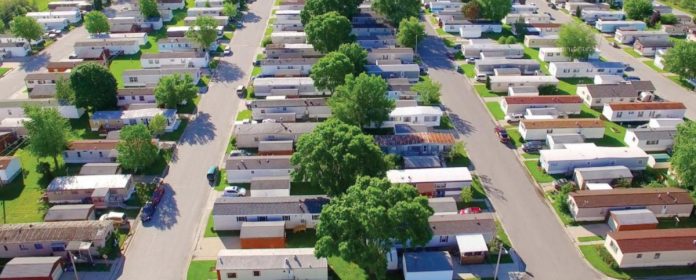Whether or not your state employed a “stay-at-home” order, it’s been clear that traveling and managing remote properties has become increasingly difficult. Traditionally, manufactured housing community owners have been able to manage multiple properties across the country because of on-site staff and the ease of travel for regional managers and corporate staff.
During recent months with coronavirus precautions and restrictions, traveling has been made very difficult, if not impossible. Many corporations have implemented a freeze on travel — either out of due caution or cost-cutting measures — and some employees simply cannot or are unwilling leave home overnight for many reasons, including childcare.
So how do community owners and operators ensure that their properties are meeting expectations?
Hire A Qualified Third-Party Manager
Here’s one idea: Trust a qualified representative to visit the communities on your behalf.
Blank Family Communities, for example, visits MH communities located in Michigan, Ohio, Indiana, and Illinois for owner/operators who are located out of state and cannot easily or safely get to their properties. Third-party management provides the service for less than it costs most out of state operators to fly corporate staff to communities. There are no cars to rent, no flights to book, no hotels to stay in and no dinners to expense. This keeps staff safe, while keeping the insight on your properties where it should be.
Essentially, third-party managers act as liaisons for the management of your properties.
Most hired property managers take less than full management of a client’s properties. Rather, it takes over the “boots on the ground look” at each property, bringing an owner’s perspective, making sure the most important aspects of the community are in good working order. It may also provide secondary services and aid in ways that may be unforeseen at the time two parties enter the contract, particularly with the dynamic nature of community operations and management under the best protocols to prevent the spread of COVID-19. As ever, the effort is to provide great value in a safe, healthy living environment.
Most hired management companies set a monthly schedule for visiting properties. For Blank Family Properties, given the uncertainty of the global health crisis, the contractual commitment is offered on a month-to-month basis.
The monthly visit is followed up by sending the owner/operator an in-depth site-inspection report and high-definition video drive-through to vividly show the current condition of the community.
Some Areas Third-Party Management Can Cover:
- Aid in ongoing construction projects
- Help with collections and delinquency
- Community curb appeal
- Communication and aid with corporate staff on ongoing to-do list items
When you can’t get to your property, reports from an on-site manager won’t give you all of the information you need to make informed decisions. But it offers the best way to be there without being there. To find a third-party management company in or near the market of your properties, take a look at regional to national providers in the Service Providers section of the MHInsider Buyer’s Guide — search for property management.


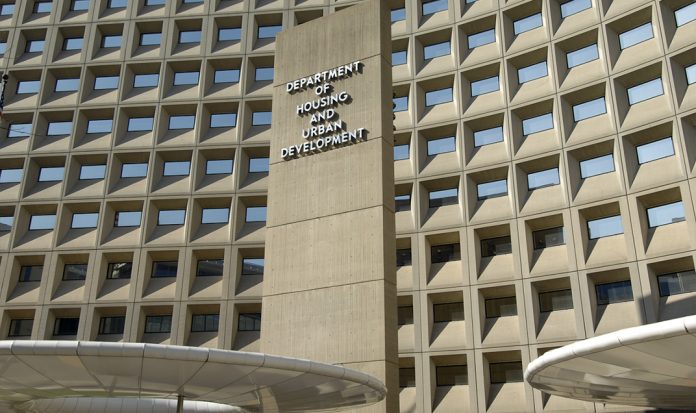
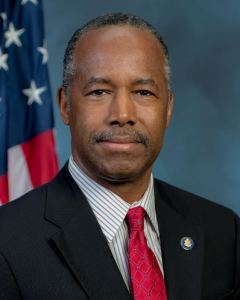

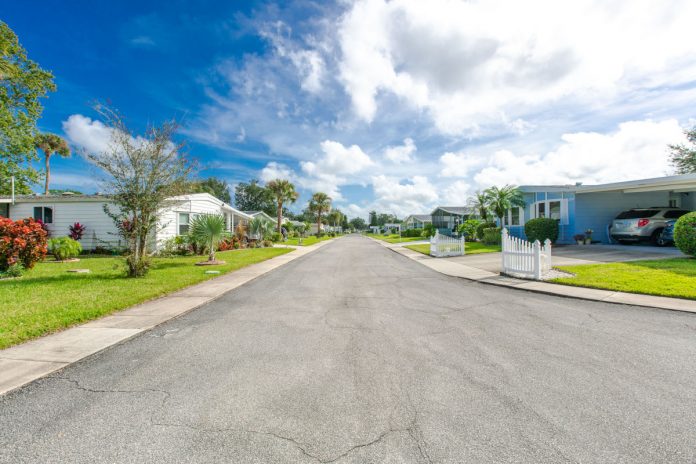
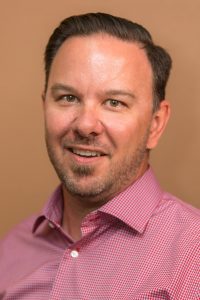
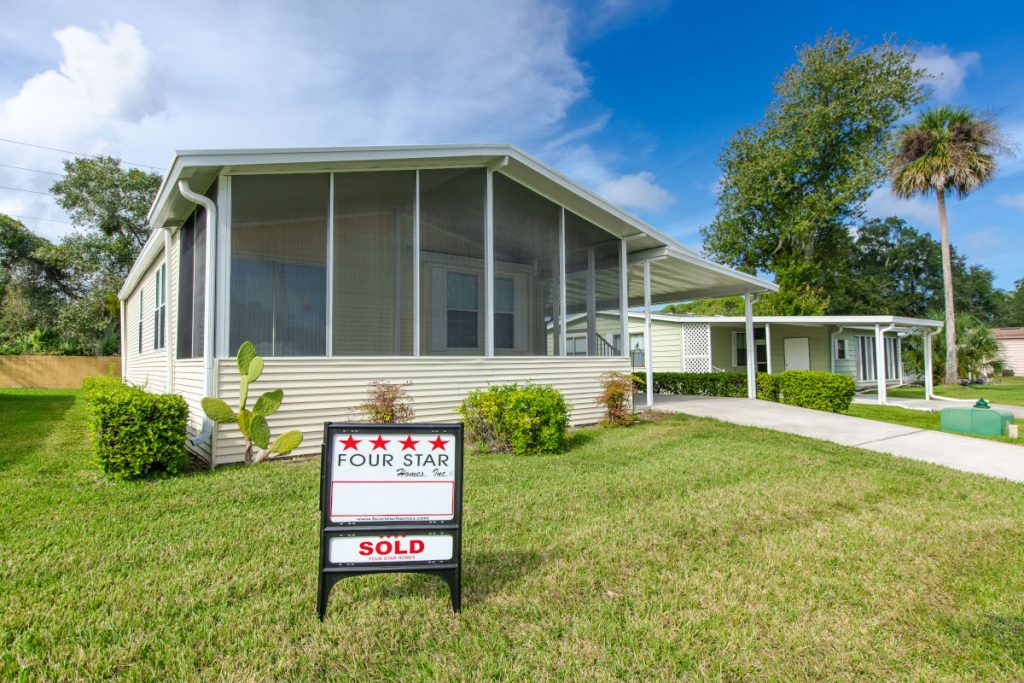
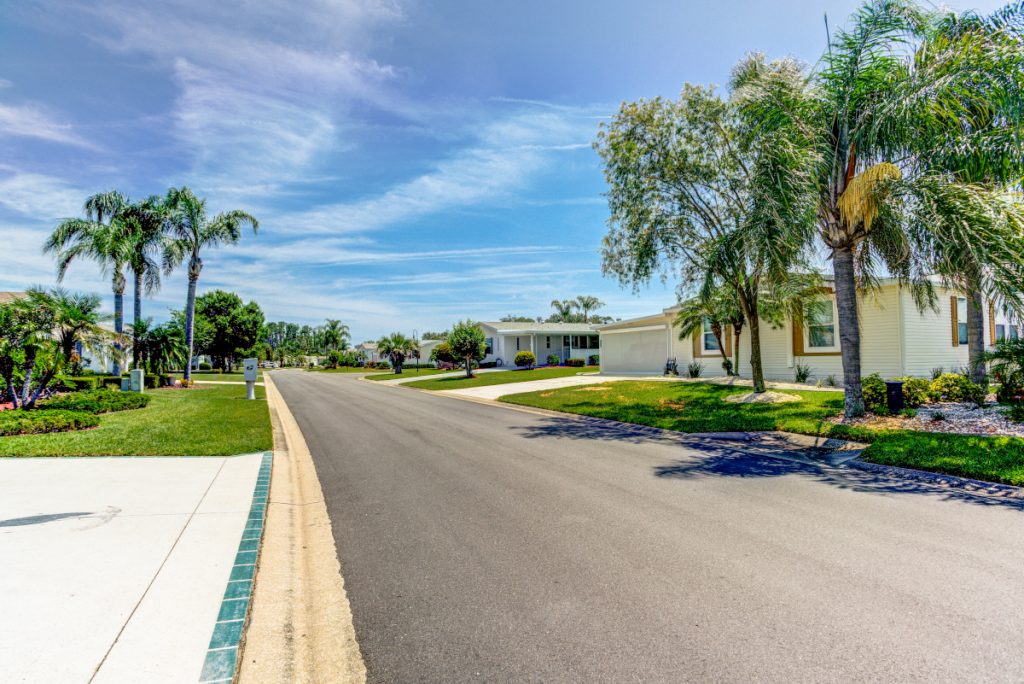


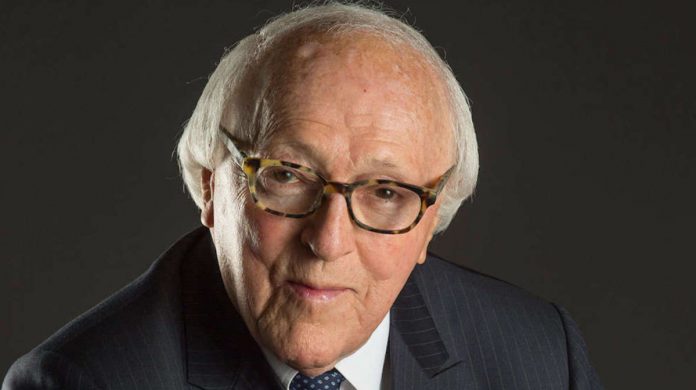
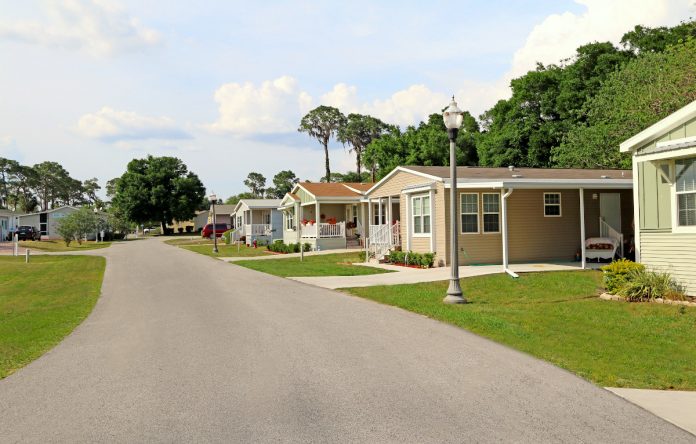

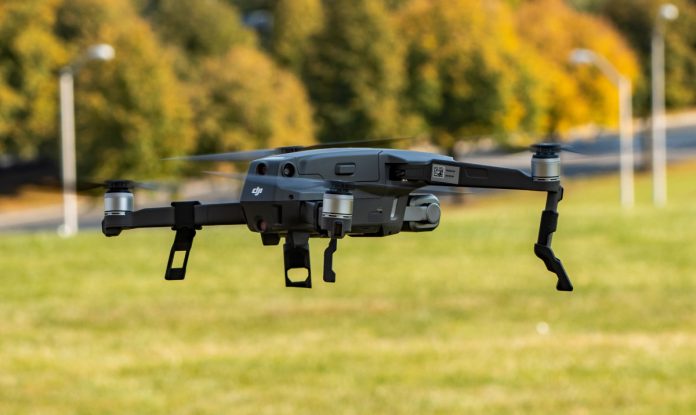
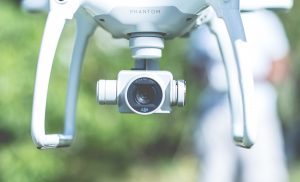 Drones autonomously capture multiple overlapping images that are georeferenced and stitched together to create an orthomosaic,
Drones autonomously capture multiple overlapping images that are georeferenced and stitched together to create an orthomosaic, 
